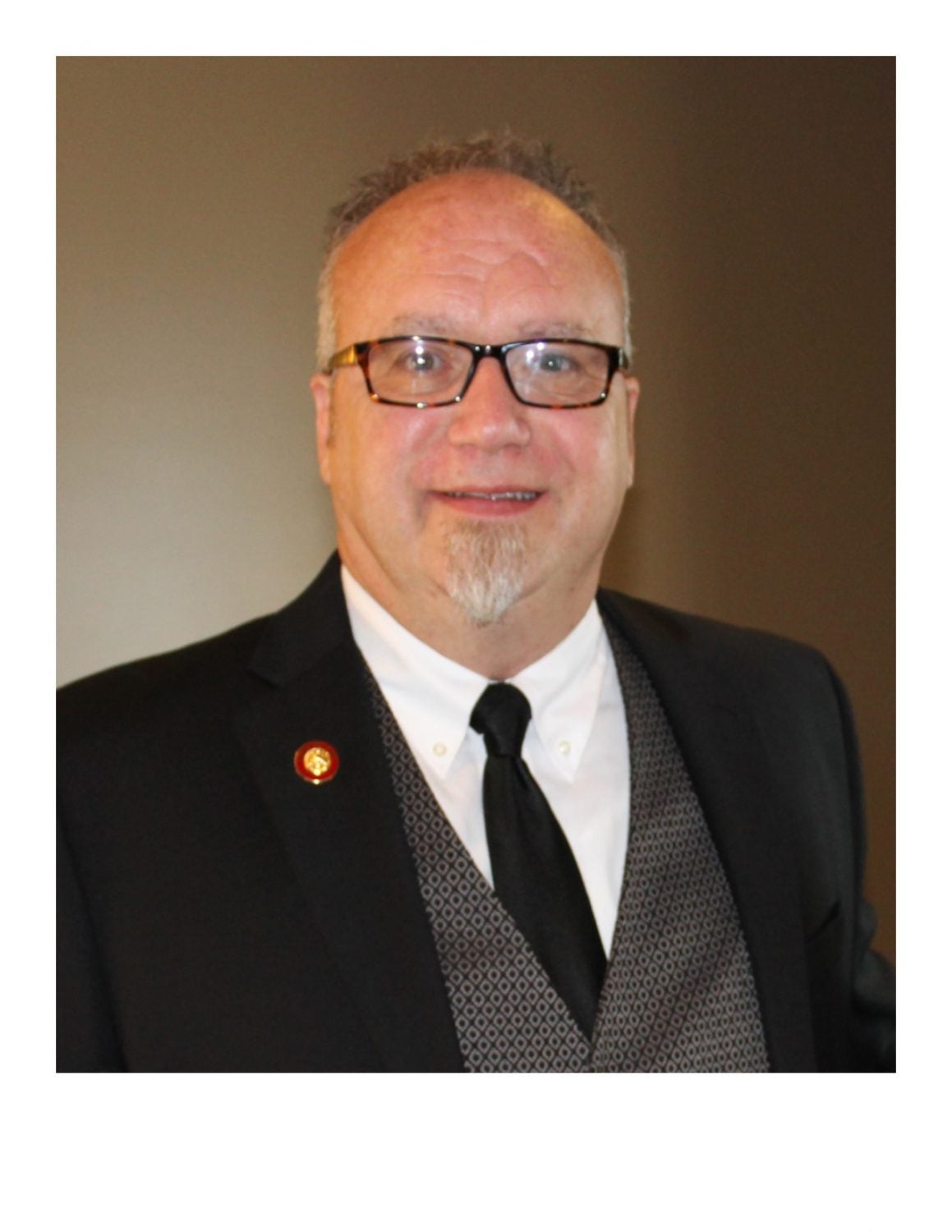Trigg County Ten Commandments come down
Published 12:13 pm Wednesday, September 14, 2016
By Richard Nelson
After a threatening letter from the Freedom From Religion Foundation (FFRF), a Trigg County official removed the Ten Commandments from the county courthouse. All is right with Trigg County’s world now, at least according to FFRF. Or is it?
FFRF was concerned enough about a painting of the Ten Commandments prominently displayed in the courthouse that it demanded that County Clerk Carmen Finley remove them at once. The atheist group charged the local government with essentially establishing a religion, and they were ready to spend time and resources to stop such a thing. But does the mere posting of a religious document establish a religion?
The Supreme Court ruled in 2005 that stand-alone displays posted with religious intent could be construed as such. (The case — McCreary County v. ACLU originated in Kentucky of all places). However, the court also upheld in another ruling handed down the same day — Van Orden v. Perry, that so long as Ten Commandments displays are within a historical context and without religious intent they may be displayed publicly. How they arrived at such a conclusion is interesting but the important thing to know is that displaying the Declaration of Independence, national motto, Star Spangled Banner and other similar documents provide enough historical freight for legal passage of the Decalogue into public buildings.
FFRF Co-President Annie Laurie Gaylor’s concern is over imposing values and how outsiders might feel upon seeing the display. “How can nonbelievers feel welcome in the Trigg County clerk’s office when they have such an obviously biblical message staring them in the face?” Gaylor asked in a press release. Greater offense is more likely taken when high vehicle tax bills appear at the service counter and stare unsuspecting local residents in the face.
Gaylor and FFRF sing a tune of values-free morality in the chord of no-religious-imposition in public places. They’ve got a big stage, a loud mic and plenty of legal firepower to coerce others to agree. But they hit a sour note after the song and dance is over. Reality sinks in and we come to realize all too soon that values have been imposed. Theirs.
FFRF has sued to remove the national motto from U.S. currency; demanded the Star of David be removed from a proposed holocaust memorial in Ohio; and sued Presidents Bush and Obama over proclamations for the National Day of Prayer. College football chaplains and cheerleaders with Bible verses on spirit banners have also been in their sights. Such religious display and sentiment — whether it’s posting the national motto at city hall or officials opening public meetings in prayer — have been considered protected by the First Amendment’s free exercise of religion.
What’s lost in this drama is that values are always being imposed. It’s just a matter of whose values. In this case, Gaylor and FFRF’s insistence on secularism—a naked public square devoid of any religious documents or reference to God, won the day. But is a government-imposed secularism reflective of our history and what our nation is about?
Such concern by outside groups over local governments displaying religious documents or opening meetings in public has not always been the case. Nor has it been an issue of federal concern until the latter half of the 20th century after the Supreme Court’s Everson ruling. In fact, to press the point further, state governments had established churches. The U.S. Constitution did not forbid Virginia from establishing the Anglican Church (official state support ended in 1830). Nor did it force Massachusetts from favoring the Congregationalists (official state support ended in 1833). Whether it was wise for states to do so is another question, but it was considered a state matter. Now groups like FFRF armed with the heavy hand of the state seek an imposition of another kind.
The battle today over religious documents and reference to God in public is largely symbolic. It’s a debate over what best reflects our history and understanding of religious freedom. But the bigger and more pressing question in this cultural moment is whether citizens will be free to live and work in public according to the tenets of a document no longer displayed at the Trigg County Courthouse.
Richard Nelson is the executive director of the Commonwealth Policy Center, a Kentucky-based nonprofit public policy organization. He resides in Cadiz with his wife and children.



